C.M. Rubin’s Global Education Report
How do you develop a cost-effective quality learning model for the 21st Century for disadvantaged children in small rural schools scattered across Colombia? Yidan Prize winner Vicky Colbert tells us this month how she focused on building an innovative education model in which key strategies were cooperative learning and cross-peer tutoring. Colbert and her team at Fundacion Escuela Nueva essentially pulled off a paradigm shift, moving their schools from a teacher-centered education to a student-centered learning model that integrates curriculum and teacher professional development and engages local communities in the education journey of their students.
Welcome to the Fourth Industrial Revolution. It’s a complex, volatile, ever-changing world where we have already witnessed fundamental shifts in the way we live. Given this extraordinary period of societal change, what will this mean for teaching? How should teachers equip learners with the competencies and mindset to approach learning as being life-long? How can education equip learners with agency to shape their own lives and contribute to the lives of their communities? This month, six internationally recognized Global Teacher Prize finalists talk about their new book (Teaching in the Fourth Industrial Revolution: Standing at the Precipice; Routledge, March 2018) which shares their vision and strategies for an education system that matches the needs of the future.
Technological advances are going to change work skills in the future and leave certain kinds of workers unemployable. A new book, Computers and the Future of Skill Demand, uses a test based on the OECD’s Survey of Adult Skills (PIAAC) to compare computers with humans. The test assesses three skills that education systems like to focus on which are used in today’s workplace, namely literacy, numeracy and problem solving. Should education systems in the future focus more on softer skills and give up teaching hard skills altogether, or is there some value in knowing skills that robots, at the moment seem to be better at? The Global Search for Education invited Stuart Elliott, the book’s author, and Dirk Van Damme, OECD’s Head of the Skills Beyond Schools Division, to discuss the future of learning.
Gender has continued to be at the forefront of our culture. Despite this, a World Economic Forum 2017 report found that globally, gender parity was shifting into reverse. Although it noted that many countries had made considerable progress and that these nations were reaping the benefit of that strategy, even in nations where women were getting a good education, many businesses were not hiring, retaining or promoting them. Our Millennial Bloggers are based all over the world. They are innovators in entrepreneurship, journalism, education, entertainment, and academic scholarship. This month, we asked them to share their perspectives on Gender. How else can we amplify the current dialogue around the empowerment of women? “As a starting point, we could ask ourselves if our schools are doing three things,” writes Bonnie Chiu: “taking away the gendered nature of school subjects; enabling students to question gender bias in curriculum; and enabling relatable role models for students to look up to.” Alison Rao notes, “There is still a lot of work to be done. She encourages a further call to action to accelerate Gender Equality: “Do it for the girls who don’t have the opportunity to share their own voice and let’s become more knowledgeable and find ways to take more action, to give more girls at least part of the education that we were lucky enough to have received.” Leslie Ma focuses on the progress that’s been made to date and hope. He was inspired to watch world renowned figure skater Kim Yuna hoisting the Olympic torch above PyeongChang in South Korea. “Hope is something that no one should have to ever give up on, not today and not tomorrow.”
C. M. Rubin
Join me and globally renowned thought leaders including Sir Michael Barber (UK), Dr. Michael Block (U.S.), Dr. Leon Botstein (U.S.), Professor Clay Christensen (U.S.), Dr. Linda Darling-Hammond (U.S.), Dr. MadhavChavan (India), Charles Fadel (U.S.), Professor Michael Fullan (Canada), Professor Howard Gardner (U.S.), Professor Andy Hargreaves (U.S.), Professor Yvonne Hellman (The Netherlands), Professor Kristin Helstad (Norway), Jean Hendrickson (U.S.), Professor Rose Hipkins (New Zealand), Professor Cornelia Hoogland (Canada), Honourable Jeff Johnson (Canada), Mme. Chantal Kaufmann (Belgium), Dr. EijaKauppinen (Finland), State Secretary TapioKosunen (Finland), Professor Dominique Lafontaine (Belgium), Professor Hugh Lauder (UK), Lord Ken Macdonald (UK), Professor Geoff Masters (Australia), Professor Barry McGaw (Australia), Shiv Nadar (India), Professor R. Natarajan (India), Dr. Pak Tee Ng (Singapore), Dr. Denise Pope (US), Sridhar Rajagopalan (India), Dr. Diane Ravitch (U.S.), Richard Wilson Riley (U.S.), Sir Ken Robinson (UK), Professor Pasi Sahlberg (Finland), Professor Manabu Sato (Japan), Andreas Schleicher (PISA, OECD), Dr. Anthony Seldon (UK), Dr. David Shaffer (U.S.), Dr. Kirsten Sivesind (Norway), Chancellor Stephen Spahn (U.S.), Yves Theze (LyceeFrancais U.S.), Professor Charles Ungerleider (Canada), Professor Tony Wagner (U.S.), Sir David Watson (UK), Professor Dylan Wiliam (UK), Dr. Mark Wormald (UK), Professor Theo Wubbels (The Netherlands), Professor Michael Young (UK), and Professor Minxuan Zhang (China) as they explore the big picture education questions that all nations face today.
The Global Search for Education Community Page
C. M. Rubin is the author of two widely read online series for which she received a 2011 Upton Sinclair award, “The Global Search for Education” and “How Will We Read?” She is also the author of three bestselling books, including The Real Alice in Wonderland, is the publisher of CMRubinWorld and is a Disruptor Foundation Fellow.
Follow C. M. Rubin on Twitter: www.twitter.com/@cmrubinworld

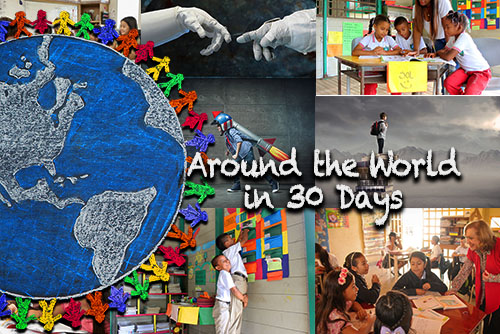
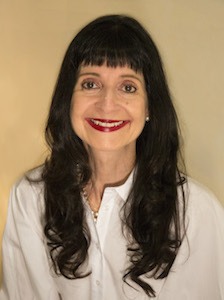
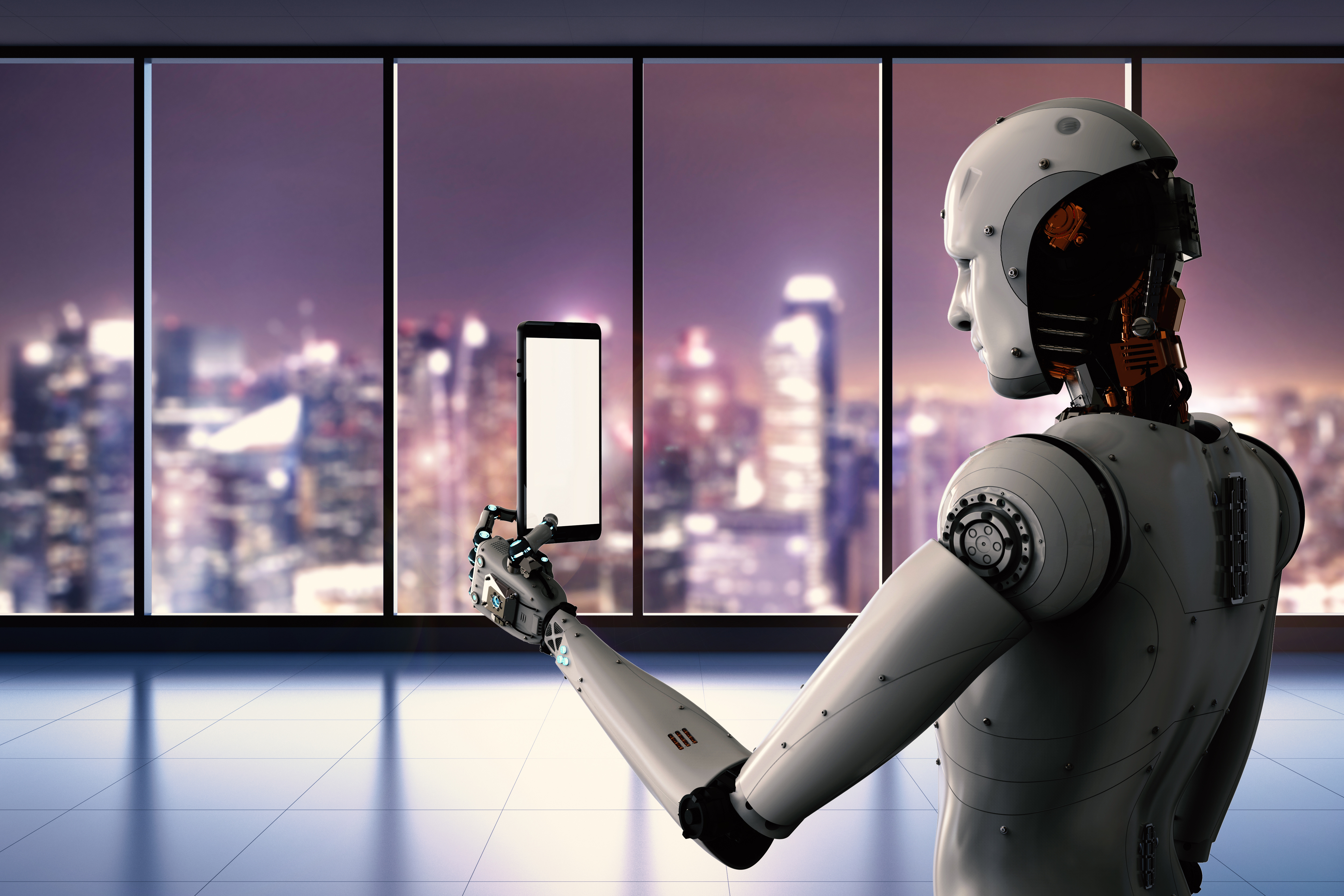
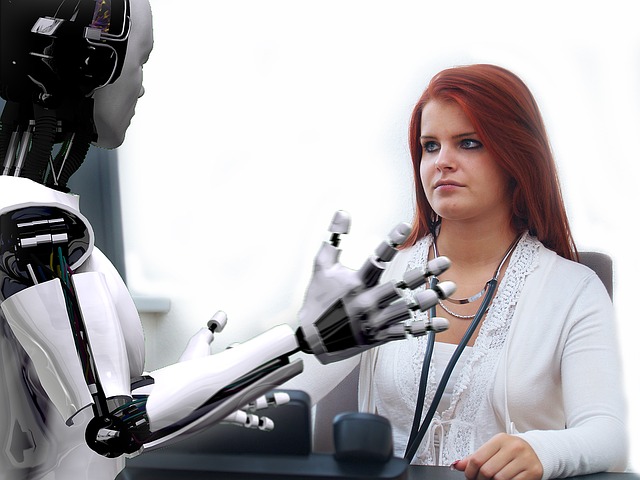

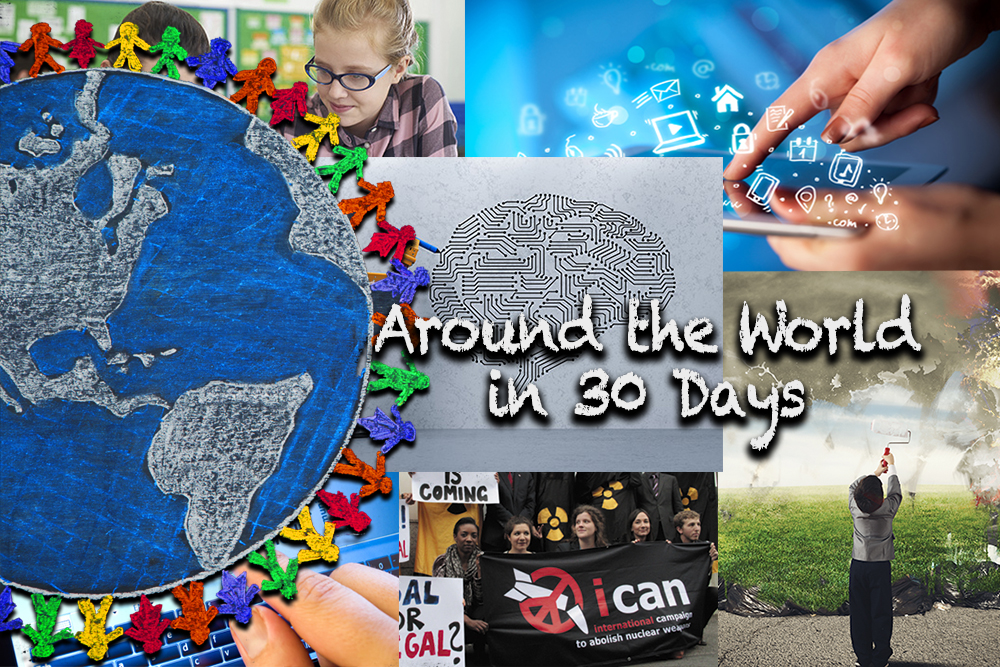
Recent Comments